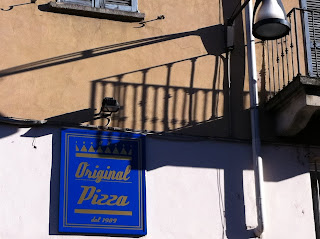Next post Thursday Feb 2nd
There is an
Italy which is growing nonetheless. It’s the Italy of the districts,
geographical concentration of companies producing the same kind of products, a
typical Italian phenomenon mainly due to spin off and/or historical reason.
There are
quite 150 around Italy and they are not just the backbone of the Italian
economy but often, and this is the case, its foundation and drive.
The Edison
Foundation recently published the results of the first nine months of 2011
showing that a substantial growth was attained in 101 of them, with an increase
in export sales of 11,3% compared to the same period of 2010.
What’s
encouraging is that 48 districts scored the same level of export sales obtained
in the first nine months of 2008, the peak reached before the explosion of the
present crisis.
Which are
the top scorers?
Number 1 is
the industrial machine district around Treviso, which reached a +40% in sales
outside the EU; very good results were attained by the machine tool compartment
in Rimini, leather goods in the Florence area, textile and garments in Perugia,
the paper industry in Lucca, shoe industry around Fermo and the pump and
hydraulics components in Reggio Emilia.
What is in
for us? Here is a country that is ready to capitalize on its efforts, ready to
relaunch the Italian economy, eager to discover new markets and ready for the battle.
Are you
interested to be their partner? Do you know how to approach them?














